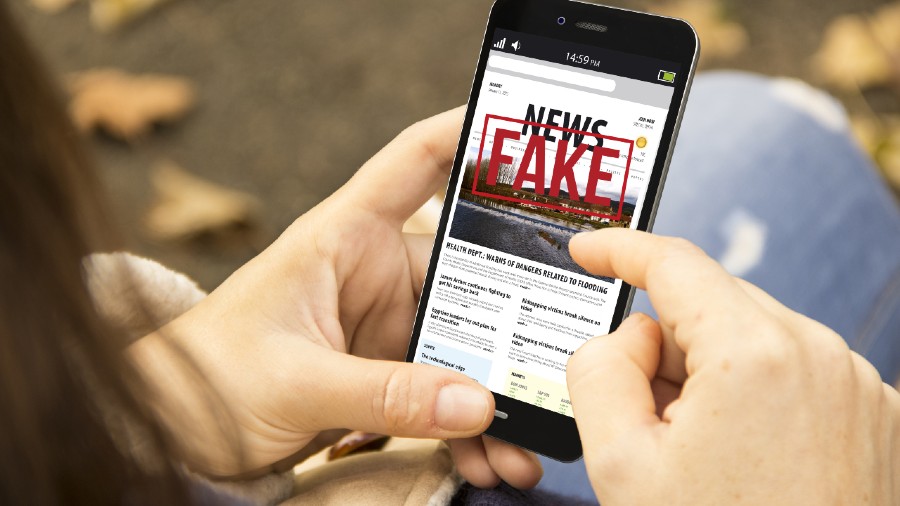India’s consistency in performing dismally on a number of key indices pertaining to freedom and democracy is remarkable. It has ranked at an appalling 142nd spot out of 180 countries in the World Press Freedom Index 2021 compiled by Reporters Without Borders. This is the second year in a row that India has ranked 142nd, the implications of which are troubling. For one, the lack of improvement on an index widely seen as a dependable record of how the fourth estate is faring globally indicates that there has been no change in the conditions under which journalists in India have to operate. The muscular attempts by the Bharatiya Janata Party government to compel the media to be compliant or derail robust investigative reporting are no secret; the index makes the picture clearer. Four journalists in India were killed in 2020 for their work; an increasing number of journalists are being imprisoned and charged with sedition —punishable by life imprisonment — for questioning the Narendra Modi government. The traditional methods of intimidation — reducing advertisements to a trickle — are changing too. For instance, there is concern with the new media being corralled through seemingly necessary legislations: the Information Technology (Intermediary Guidelines and Digital Media Ethics Code) Rules, 2021 has been criticized for being an attempt to regulate news further.
Significantly, the coronavirus pandemic has been readily used as a pretext for not just stopping public protests but also preventing journalists — especially in Asian countries, the Middle East and Europe — from accessing sensitive information and reporting in the field. Malaysia, China and Pakistan have been reported as having used the pandemic as an excuse to block press freedoms. A major fallout of the consequent gap created by the absence of fair, investigative reporting during a global health crisis has been the spread of disinformation, which has deepened the distrust towards journalists; 59 per cent of respondents in 28 countries said that scribes deliberately propagate false information. This is unfortunate, but is closely tied to the culture of political intimidation that often leads to media institutions being complicit with the powers that be. Ideally, journalism should function as “the best vaccine against disinformation”. When the presidents of Brazil and Venezuela — the countries ranked 111 and 148 on the index — promoted medically unproven Covid-19 remedies, investigative journalists debunked their false claims. At a time when honest reportage is more important than ever, there is a case for devising an alternative economic model for funding a truly independent media, the sovereignty of which would be hard for powerful men to compromise.












